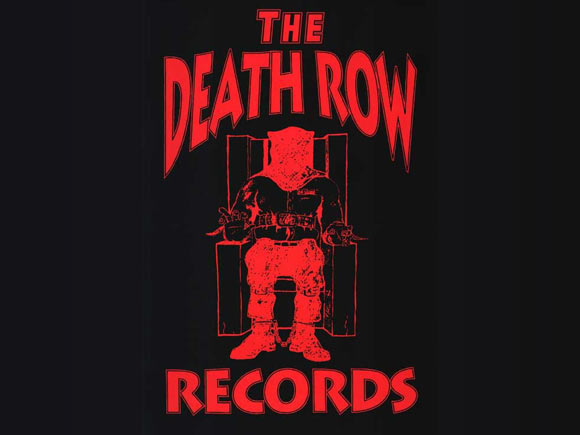
FLORENCE, Ariz. — It is a dangerous place to patrol, and Arizona spends $4.7 million each year to house inmates such as Hausner in a super-maximum-security prison. But in a first in the criminal-justice world, the state’s death-row inmates could become the responsibility of a private company. State officials soon will seek bids from private companies for nine of the state’s 10 prison complexes that house roughly 40,000 inmates, including the 127 on death row. It is the first attempt by a state to put its entire prison system under private control. The privatization effort, in its breadth and aggressive financial goals, demonstrates what states — broke, desperate and often overburdened with prisoners and their associated costs — are willing to do to balance the books. Arizona officials hope the effort will put a $100 million dent in the state’s roughly $2 billion budget shortfall.
“Let’s not kid ourselves,” said Andy Biggs, a Republican in the state Legislature who supports private prisons. “If we were not in this economic environment, I don’t think we’d be talking about this with the same sense of urgency.”
Private prison companies generally build facilities for a state and charge per prisoner to run them. But under the Arizona legislation, a vendor would pay $100 million upfront to operate one or more prison complexes. Assuming the company could operate the prisons more cheaply or efficiently than the state, any savings would be equally divided between the state and the firm. The privatization move has raised questions about the ability of the private sector to handle the state’s most hardened criminals. While executions would be performed by the state, officials said, the Department of Corrections would relinquish all other day-to-day operations to the private operator and pay a per-diem fee for each prisoner.
The federal government, with a surge of new immigrant inmates, also contracts with firms. The number of federal prisoners in private prisons in the U.S. has more than doubled, to 32,712 in 2008 from 15,524 in 2000. The number of state prisoners in privately run prisons has increased to 93,500 from 75,000 in that time.
We are one step closer to a Death Row Reality Show.















#31 Phydeau, “And spare me the outrage over cheating workers. We all know what the story is. Americans turn a blind eye to the plight of undocumented workers because they work for cheap. And we love cheap. We could solve the problem immediately: heavy fines for companies that hire illegals. But then they would be forced to hire Americans at American wages, and their costs and prices would immediately go way up.”
I agree that that is the answer. Businesses would have to pay to buy machines that would make those jobs safer and easier to do. Americans will do those jobs if they paid a fair wage.
My problem with minimum wage increases is that they are inflationary. That is a separate issue from people paying illegals below minimum wage.
We had a meat packing plant raided in my state. When they reopened, there was a line of Americans about a mile long trying to get the jobs that the deported illegals had held. Don’t talk to me about jobs Americans won’t do.
Food, as a percentage of income, is pretty cheap in this country. Companies that break the law should not get an advantage over companies that do not.
#31 Phydeau, “And btw, Republicans love paying people below the minimum wage, so your pious concern is totally unconvincing, coming from a wingnut.”
BTW, I don’t vote for people based on an R or D by their name. I vote based on how I believe these individuals will govern. Yes, I vote for individuals candidates from one party more than the other, but I do not vote based on party. There is right and their is wrong and I still think it is wrong to exploit illegals by paying them less than minimum wage.
Well I’m with you on the exploiting illegals issue, Benjamin. And food has gone way down in price over the years. Perhaps too much, if we need illegals working poverty wages to keep the prices that low.
And yes, LL, big biz is naturally a better fit with the R’s but they back the winner too.
#36, And food has gone way down in price over the years.
I’m not sure I agree with that. I purchase food for groups of people on a regular basis. The price is definitely going up, not down.
Heck, the cost of a hamburger at McD’s is twice what it was 10 years ago.
#37 Actually what I read was looking at a time span of decades. I have no doubt that in recent years costs are going up. But the articles said that 50 years ago we spent a third of our budget on food, now it’s closer to 10%.
#38, I agree we are spending a smaller percentage.
Here is a good chart showing what I was talking about. Prices are going up. Unfortunately, our wages aren’t keeping up.
http://tinyurl.com/yh97oll